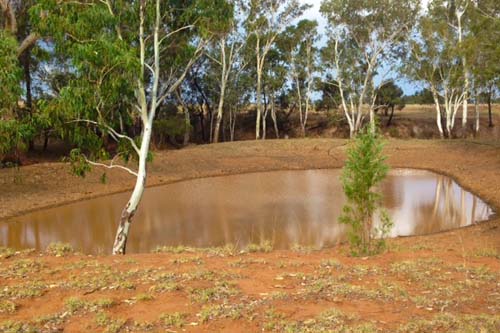How to Hunt - Hunting Guides & Articles
From guides to information on a whole range of hunting topics - browse through our hunting articles below:
Unrealistic expectations about the number of wild pigs you can shoot sitting in your camp chair beside your campfire will just let you down.
A good hunter sharpens his or her skills, takes full responsibility, and always looks at what he or she can improve upon in their abilities and strategies. They also never rant and rave and blame everyone but themselves.
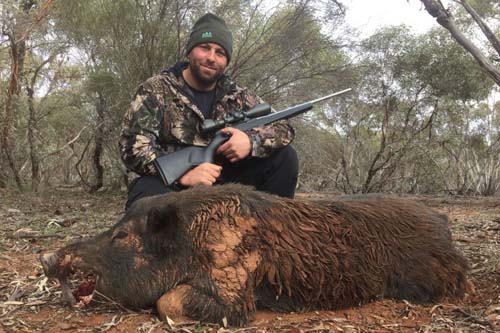
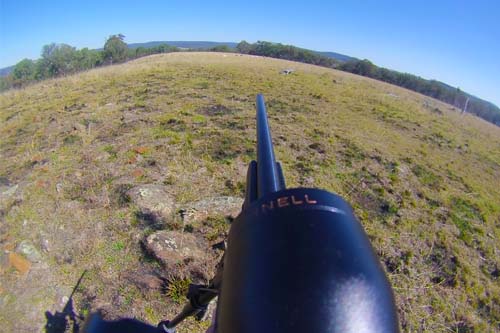
Have you ever wondered why some hunters go out and bring home the bacon, while others come back repeatedly, with next to nothing to show? The key aspect is to get to know your chosen property and put in the time and effort to scout it properly and learn what happens on it. This way, your success is purely based on your ability.
We recommend spending at least two nights and two days on your chosen property – the longer the better. Talk to the property owner and ask lots of good questions – they are a wealth of knowledge. They know their property better than anyone and will help steer you in the right direction.
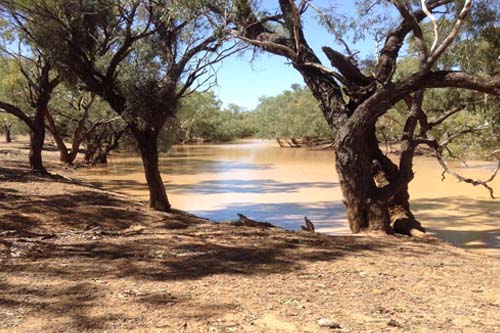
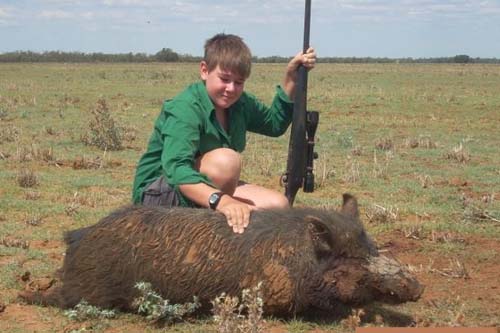
Go over your property map. Scout the property and mark out wallows, and investigate tracks, telltale signs and vantage points, then mark them on your maps and discuss your findings and strategies with your group. Hunting is a strategic and competitive sport. The longer you spend glassing a property, the more you slow down and get to know the land, the more you will see and learn.
If you’re looking to laze on the back of a ute, make as much noise as possible, shoot anything in sight and blast across paddocks just so you can take some happy snaps for your Facebook wall for your friends to see, then IHP is not for you. The hunting community does not welcome you and neither do our property owners. Door-knocking farmers, asking for properties to shoot on and putting ads to shoot for free on Gum Tree won’t get you far.
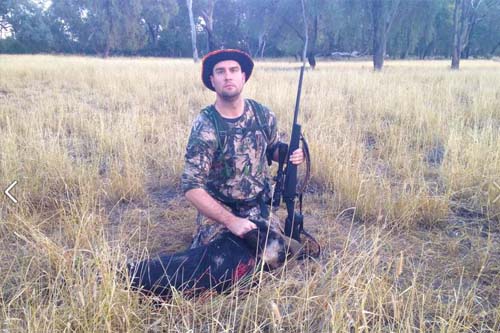
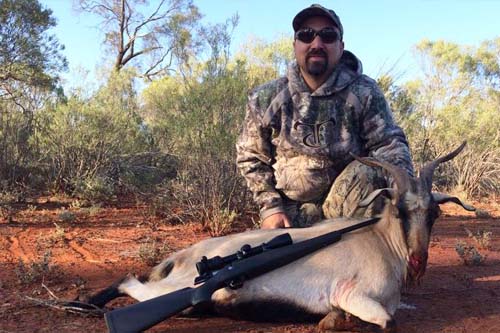
If you go to shoot at anything that moves, you won’t find anything and our property owners will tell us to bar you and not let you back. If you want to hunt, however, it’s a great way to connect with your passion. It’s like fishing; it’s the luck of the draw, with skill involved.
So, don’t be young, dumb and trigger-happy. If you can’t eat it, don’t shoot it, or if it’s a pest, knock it off. These are the basic rules of the land. We only place ethical hunters. If you want to go shooting, go to a rifle range. We are Western Hunting – not Western Shooting.
IHP properties are not suited for ‘young guns’ with false bravado, who want to shoot everything that moves. As a hunting community, we don’t need these types of people jeopardising it for the rest of us, who love and appreciate getting out there, doing what we love most.
If you're part of the 99% of ethical hunters - click here to browse our hunting properties.
Login to access the Elite Hunters Area.
No one has the time of day, or respect, for anyone that goes out and shoots at anything and everything that moves.
Here at Inland Hunting Properties, we’re pretty good at recognising this type of person, and if we hear reports about these kinds of behaviours from any of our property owners, we investigate and then ban all members of the group from all future bookings on our hunting properties. No second chances.
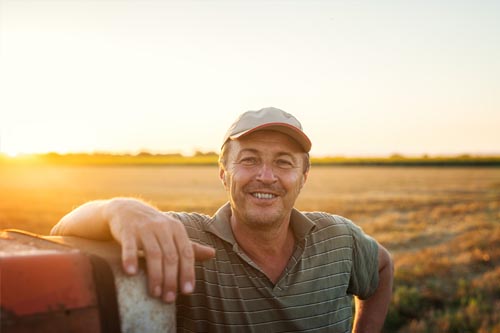
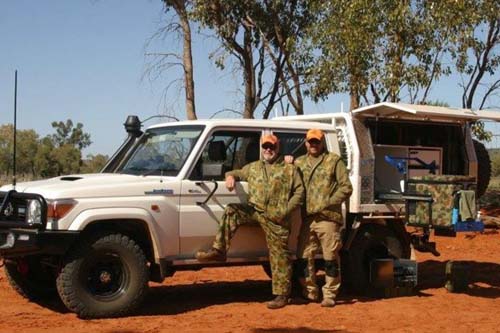
Thankfully, since the introduction of the hunter rating system, we have all but eliminated these types of people, and negative behaviour is now a very rare occurrence.
These barred hunters often seek out our competition, door knock and place listings on Gum Tree.
The overwhelming majority of our community of tens of thousands of responsible hunters have backed the hunter rating system 100%.
The hunting community only wants hunters on our properties – not shooters. Ethical hunters, not gung-ho amateur shooters with no respect for the bush or anyone else.
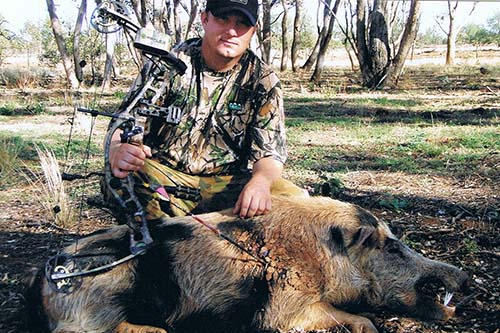
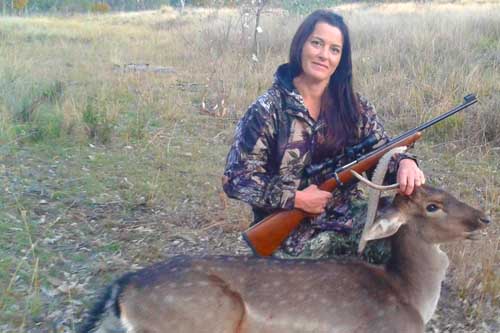
The girls in the home office at Inland Hunting Properties are genuine, down-to-earth people. They care for the properties they manage, have great relationships with all of their property owners and go out of their way for all of their hunters.
They only want the best for the hunting community and are tired of seeing the actions of a few wannabe amateur shooters spoil things for the majority of good, honest hunters in the community, who like to escape for a week, or weekend, away with family and friends.
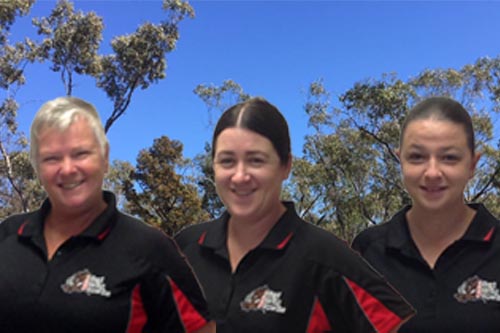
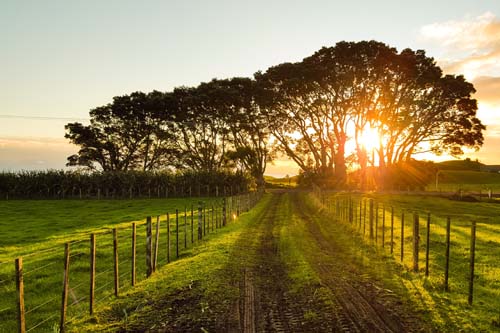
Despite these amateur shooters’ beliefs, Inland Hunting Properties actively manage the 120+ properties listed with them. This means they rest properties between visits and are in constant communication every day with property owners about bookings, conditions and feral animal numbers.
Inland Hunting Properties are not out to make a quick buck, and this is the prime reason we are still in business after 25+ years.
Property owners didn't come down in the last shower and are switched on – they know a sustainable hunting property will give a better return on investment over the long run.
We offer a well-organised service and don’t take any commission for camping or accommodation fees. We only take a booking fee and are upfront about this. The rest is paid to the property owner at the gate. Contact the girls in the home office on (02) 6559 9888 if you're a property owner and would like a free information kit on how to generate additional revenue from previously untapped resources on your property.
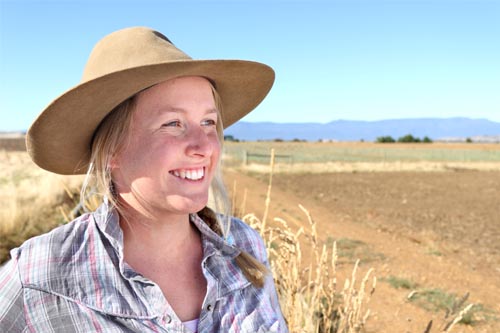
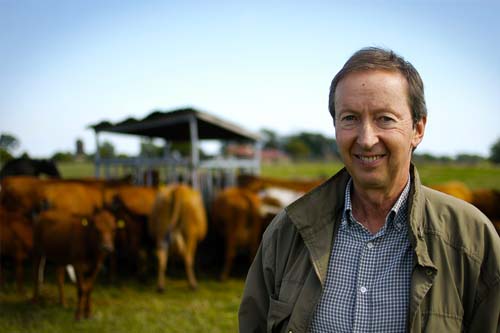
After 25 years in the business, we know the ins and outs of successful hunting property management.
This is a service we provide for good, honest people who want to spend time outdoors, pursuing their passion for hunting. This is not a position we take lightly. With our property owners and hunters’ help, we aim to keep it that way. We believe we are number one in the business. Find out more about listing your property with IHP here.
>> Click here to browse our properties with available Yabbie Fishing in dams and creeks.
The Yabbie, or Yabby, is a freshwater crustacean commonly found in Australian swamps, streams, rivers, reservoirs and farm dams. It is listed as a vulnerable species of crayfish, even though their populations are strong, their wild habitats continue to increase, and they are now farmed commercially.
Common yabbies usually grow between 10-20cm, but can reach up to 30cm in length. The colour of yabbies varies according to their habitat, and ranges from black to blue and brown.
While not as popular as other crustaceans, such as prawns, yabbies are eaten in Australia in much the same way. They are growing in popularity as a commercial catch and there are efforts underway to promote yabbies as a viable export commodity, particularly to China. Farmers are free to farm yabbies on their own land and don’t require a licence.
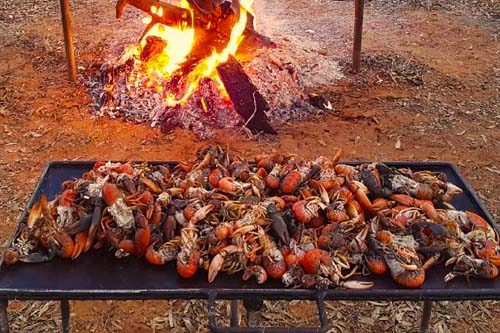
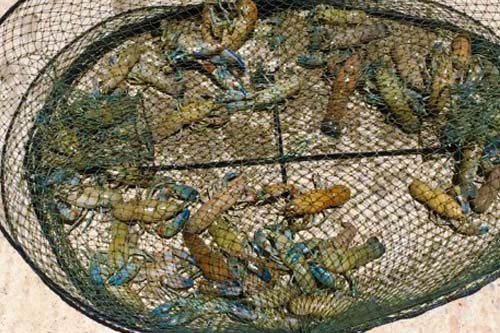
Catching yabbies in rivers and farm dams is a popular summer activity in Australia and there are some important rules and regulations that affect yabbie fishing. Firstly, it’s important to know that there are bag limits on the number of yabbies you can catch, in order to protect the population and their habitat. In South Australia, for example, the bag limit is 200 per day. Also, the maximum catch allowed on a boat is 600, where there are three or more passengers.
Female yabbies with eggs need to be returned to the water. Permission is needed to fish for yabbies on private property.
One of the most popular ways to catch yabbies is using meat bait tied to a line. The line is thrown into the waterway and anchored to the bank. When a yabbie tries to drag the bait away the line goes taut. When this happens, the line is dragged out of the water slowly. If done correctly, the yabbie will be on the end of the line – ready to be scooped up in a net.
Traps and nets can also be used to catch yabbies – however, local regulations need to be checked first. As with all fishing in Australia, please check with relevant state laws to see what licenses are needed. This is to protect all fish and wildlife in the water.
>> Click here to browse our properties with available Yabbie Fishing in dams and creeks.
